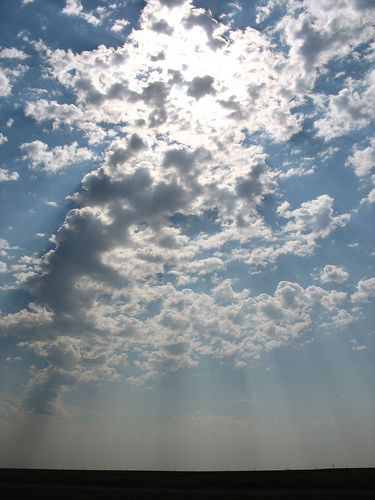
As I drive over some impressive bridges en route to Eugene, Oregon, I am reminded of how interesting the next 100 years will be! Eighty percent of the nation’s bridges are deteriorating. Oil pipeline infrastructure designed for a 50-year life expectancy in steel and concrete life is reaching the point of structural collapse. The Nation’s landfills, though some have been retrofitted, will continue to collect poison and toxins that no one has decided what to do with should climate change disrupt these weak, poisonous burial grounds. Road construction/maintenance on America’s highways is predicted to fall behind population demands.
You get the feeling we are living in the last of the ‘good ole days,’ before energy, food, and resources (air, water, etc) become scarce, and the infrastucture begins to collapse. The engineers that run our oil companies, levee systems, and transportaion systems did not design for a civilization that would last thousands of years, but DOZENS of years.
This will put us in a vulnerable position in the eyes of our enemies. The population will demand more resources be spent to upkeep infrastructure, yet we will have to keep the military strong to protect our interests. This can go very badly or very well, depending on who our leader is.
The leader will need to be someone with a thousand-year vision for our civilization. I believe this is why we currently see the shift in politics away from special-interest money. Special interests generally support initiatives that create short term benefits for ‘special’ individuals at the expense of the greater, common good.
We’ve recognized early on as a Nation that un-governed capitalism fosters a primitive human tendency toward selfish greed. That is why there are laws against Monopoly and Trusts which drive money (and power) to single entities at the expense of less powerful entities.
If Obama really is the candidate of change that we all hope for, his will be the responsibility of defining the next 300 years and beyond:
How can we be LESS greedy as a nation? How will we take better care of our citizens and neighbors? How will we clean up the messes we’ve created? How will we come together with the intelligent nations of the world to allocate resources and what goals will the world set for itself? Will each person vow to let their neighbor find and serve God in their own way?
Like the Phoenix, our citizens must rise to the occasion. Serious discussions must take place in every city legislature, every house, every church. Who do we WANT to be? This is our chance to right the course.
